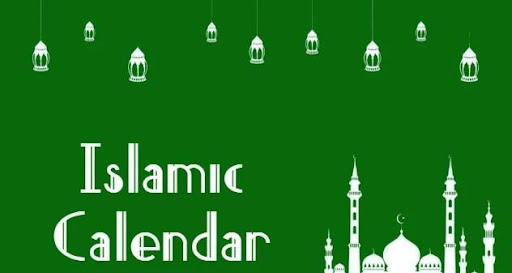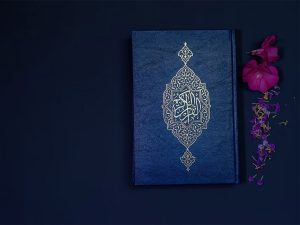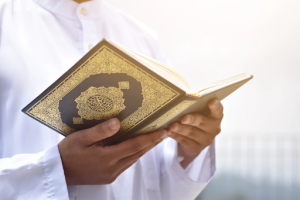The Islamic calendar, also known as the Hijri calendar, is a lunar calendar used by Muslims around the world to determine the dates of religious observances and events.
In this article, we will explore 10 fascinating facts about the Islamic calendar, including its origins, how it is calculated, and the significance of its key dates.
Importance of the Islamic calendar
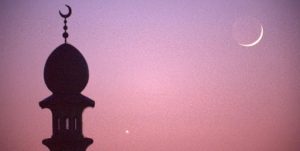
The Islamic calendar plays a significant role in the lives of Muslims around the world. It is a lunar-based system that is used to determine the dates of religious events and observances, as well as the start and end of important periods of worship. Here are some of how the Islamic calendar is important to Muslims:
1. Marking the beginning of the Islamic era
The Islamic calendar begins in 622 CE, which marks the year of the Prophet Muhammad’s migration from Mecca to Medina. This event, known as the Hijra, is considered a turning point in Islamic history and marks the beginning of the Islamic era.
2. Determining the dates of religious events
The Islamic calendar is used to determine the dates of important religious events, such as Ramadan, Eid al-Fitr, and Eid al-Adha. These events are central to the practice of Islam, and their observance is an important part of Muslim culture and identity.
3. Reflecting the lunar calendar
The Islamic calendar is based on the cycles of the moon, which has a deep spiritual significance in Islam. The moon is associated with the Prophet Muhammad, and its phases are used to mark the beginning and end of important periods of worship.
4. Calculating prayer times
Muslims are required to pray five times a day, and the Islamic calendar is used to determine the times of these prayers. The timing of prayer is based on the position of the sun, which is linked to the lunar cycles.
5. Islamic Calendar is a cultural identity symbol
The Islamic calendar is an important symbol of Muslim culture and identity. Its use is a way for Muslims to connect with their heritage and maintain a sense of community and belonging.
6. Writing history of the Islamic Calendar
The Islamic calendar has been used for more than 1,400 years, and it has played an important role in the history of Islam. It has been used to calculate the dates of important Islamic events, such as Ramadan, Eid al-Fitr, and Eid al-Adha, and it has helped to unify Muslims around the world in their observance of these events.
It consists of 12 lunar months, each of which is 29 or 30 days long. Because the lunar year is about 11 days shorter than the solar year, the Islamic calendar is about 11 days shorter than the Gregorian calendar, which is a solar calendar used in most of the world.
The Islamic calendar begins with the month of Muharram, which is considered the holiest month of the year. The first year of the Islamic calendar was the year of the Hijra, which corresponds to 622 CE in the Gregorian calendar.
Over the centuries, various Islamic scholars and leaders have made adjustments to the calendar to ensure its accuracy and relevance. Today, the Islamic calendar is widely used by Muslims all over the world, and it continues to be an important part of Islamic culture and tradition.
What are the months of the Islamic calendar?
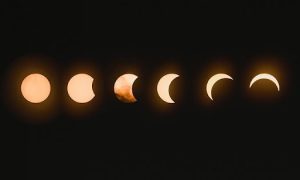
The Islamic calendar consists of 12 lunar months. The names of the months in the Islamic calendar are:
1. Muharram
2. Safar
3. Rabi’ al-awwal (or Rabi’ I)
4. Rabi’ al-thani (or Rabi’ II)
5. Jumada al-awwal (or Jumada I)
6. Jumada al-thani (or Jumada II)
7. Rajab
8. Sha’ban
9. Ramadan
10. Shawwal
11. Dhu al-Qi’dah
12. Dhu al-Hijjah
The first month of the Islamic calendar is Muharram, and it is considered the holiest month of the year. The month of Ramadan is the ninth month of the Islamic calendar, and it is a month of fasting and spiritual reflection for Muslims around the world.
Also, the month of Dhu al-Hijjah is the twelfth and final month of the Islamic calendar, and it is the month in which the annual Hajj pilgrimage to Mecca takes place.
Islamic holidays
Several Islamic holidays are celebrated by Muslims around the world. Here are some of the most important Islamic holidays:
1. Eid al-Fitr:
This holiday marks the end of the month-long fast of Ramadan, and it is a time for celebration and feasting. Muslims typically gather for special prayers, exchange gifts, and enjoy traditional foods.
2. Eid al-Adha:
This holiday commemorates the Prophet Ibrahim’s willingness to sacrifice his son as an act of obedience to God. Muslims typically gather for special prayers and sacrifice an animal, such as a sheep or a goat, and distribute the meat to the needy.
3. Mawlid al-Nabi:
This holiday celebrates the birth of the Prophet Muhammad. Muslims typically gather for special prayers and sermons, and many also participate in processions and other festive activities.
4. Hijri new year:
Muslims around the world celebrate the Islamic New Year in various ways. Some Muslims attend special prayers and sermons at their local mosques, while others spend time with family and friends, exchange greetings and gifts, and reflect on the past year and the year ahead.
Some Muslims also fast on the day of the Islamic New Year as a sign of gratitude and spiritual renewal.
5. Ashura:
This holiday commemorates the martyrdom of the Prophet Muhammad’s grandson, Hussain, and his companions. Muslims typically fast on this day and may also engage in mourning rituals.
6. Day of Arafah:
This holiday is observed on the ninth day of the month of Dhu al-Hijjah, which is the day before Eid al-Adha. Muslims believe that this is the day when pilgrims performing the Hajj gather on the plain of Arafat to pray and seek forgiveness.
These are just a few of the most important Islamic holidays. The exact dates of these holidays vary from year to year, as they are based on the Islamic lunar calendar.
In conclusion, the Islamic Calendar is an important part of Muslim culture and heritage. Its use is deeply rooted in Islamic tradition and reflects the lunar cycles that have influenced human life for centuries.
Understanding the significance of the Islamic calendar can help non-Muslims gain a deeper appreciation for the rich and diverse traditions of the Islamic faith, and can help to promote greater understanding and tolerance between different cultures and religions.

